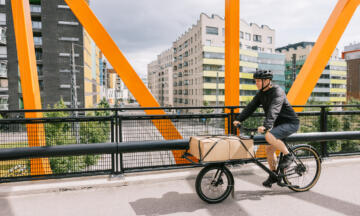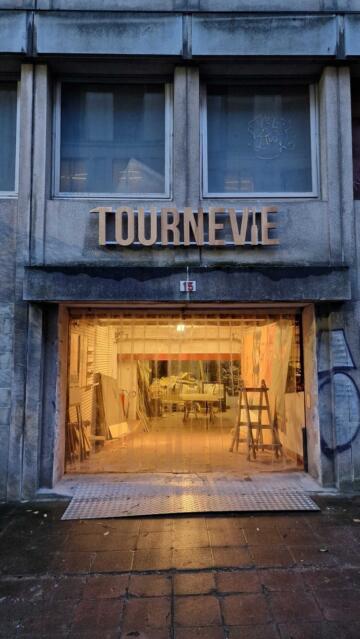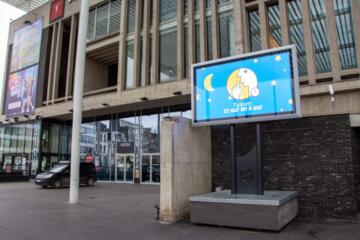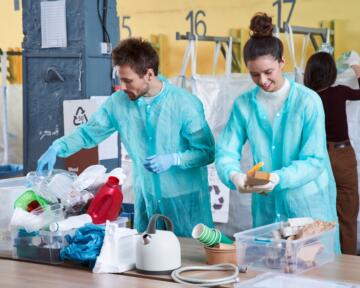Circular entrepreneurship is easily associated with recyclingAny recovery operation through which waste, including organic waste, is reprocessed to become substances, materials or products that can be used for their initial function or other functions., sustainable raw materials and ecodesignEcodesign allows a product design to be adapted in view of its repair or a full or partial repurposing of its components at the end of its useful life.. You’ll find a host of information on your specific industry on Go for Circular, the platform of the FPS Economy. Quite a few entrepreneurs are less inclined to think about the revenue model upon which the sale of a product is based. And yet it can boost the circularityCircularity describes the quantity of materials managed in a closed loop. of your business because implementing the principles of the functionality economyThe functionality economy aims to commercialise the usage of a product rather than the product itself. offers plenty of opportunities.
What is the functionality economy?
Instead of selling a product you’re selling a service. It’s that simple. The customers are not paying for the transfer of product ownership but rather for its use during a certain period.
You are entering into an agreement with your customer that is not just a sales transaction but also a long-term collaboration at the end of which the product winds up back in the possession of the manufacturer or provider. This means the focus is on the use value of the product instead of on the product itself. This is akin to the sharing economy, in which an open market is created to use and share goods and services.
You’ll find more details on deploying a product as a service in the Product-as-a-Service (PaaS) guide in the toolbox of this website.
So how does it work exactly?
The best way to put this functionality economy into practice in your business depends on your offering, your market position and your target audience. The following models exist:
- Leasing or renting: customers lease a product for a certain period.
- Sharing or collective use: products are shared by multiple users.
It always boils down to the same thing: the customer pays for the service you provide instead of the product itself. And when the agreement expires, the product returns to the provider.
What are the benefits?
Adopting the functionality economy offers a range of benefits for both businesses and customers. The main benefits are:
- Stronger market position: access to a new target audience that is interested in renting, leasing or sharing instead of buying.
- Better circularity: as the product remains the property of the provider, the latter is more motivated to develop sustainable and long-lasting products.
- Cost-savings for customers: customers only pay to use the product, which may be less expensive than buying a product that is only used occasionally.
Use-oriented vs result-oriented services
There are two forms of offering services:
- The first option is use-oriented services. In this activity model the customer is charged for the use of a specific product, but the equipment remains the property of the producer.
- A second option is offering result-oriented services. In this case no predefined range of products is included in the agreement, but as the provider, you do commit to achieving a predetermined result. The products or services used to realise this are less important than the goal that was determined in mutual consultation.
Your choice for a use-oriented or service-oriented agreement depends on the possibilities and preferences of your business and customers.







